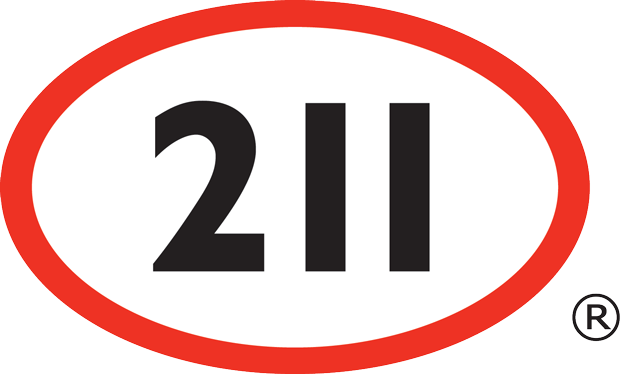Special newsletter - Food assistance
FOOD ASSISTANCE ON WEEKENDS
Every weekend, we receive calls from people looking for food aid. Which is why we want to make sure we have all the existing resources on hand able to meet this request.
Does your organization offer food aid on the weekend? Let us know! Contact our research team at edition@211qc.ca
INFORMING US OF A CHANGE TO YOUR ORGANIZATION
As announced last October, we developed a form to facilitate updating the information on your organization. These regular updates allow us to guarantee the most accurate information on existing services, opening hours or even the capacity of food banks.
Please do not hesitate to check the information we have on your organization on our website, 211qc.ca, and let us know of any updates via our form.
FOLLOW-UP OF FOOD AID REQUESTS – INITIAL FIGURES
As part of a project carried out thanks to the financial support of the City of Montréal for a few months now, our counselors have been conducting follow-ups with people seeking food aid. The objective of these follow-ups is to anonymously collect different information to paint a very accurate picture of food insecurity on the Island of Montréal: profile of callers, expressed needs, available resources, received help or not... This new data is added to that already collected during each request we receive and is available on our website at 211qc.ca.
After more than one hundred follow-ups, here is an overview of the initial collected data.
Source of follow-ups
Getting help
Reasons for failure in getting help
We are encouraged by these initial data, as two-thirds of the callers who received follow-up did receive assistance through the resources provided by 211.
More than half of the callers who did not receive assistance indicated that they were unable to reach the referred organizations. This seems to confirm a reality widely reported in the media: times are tough for the community organizations, and many organizations lack financial and human resources to meet the demand.
Our data collection work also aims to highlight these gaps, with the objective of alerting public authorities to the reality on the ground and the needs expressed, both by citizens and by organizations.








